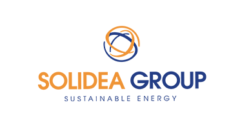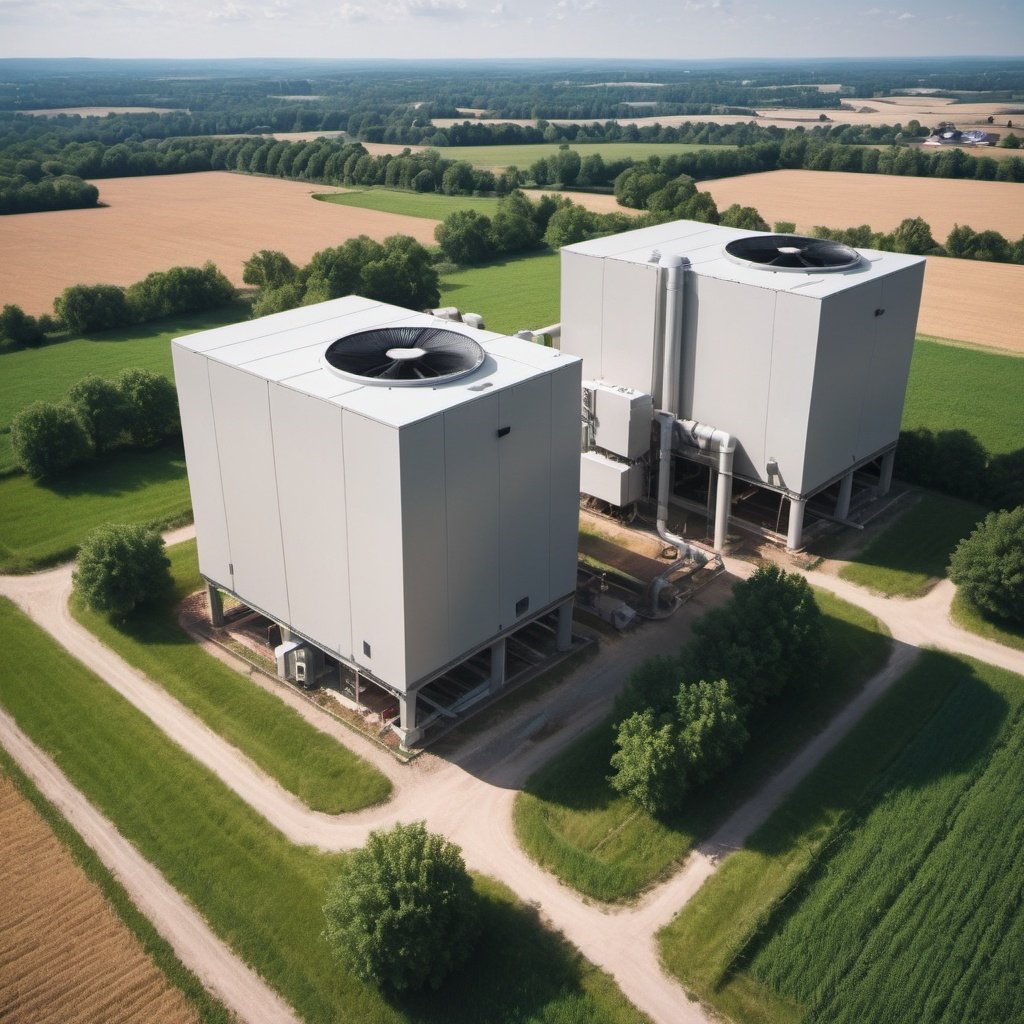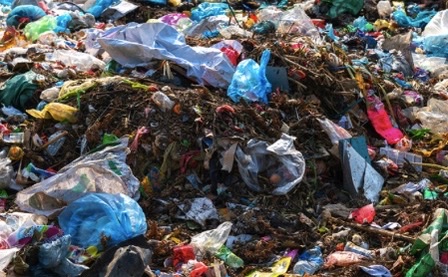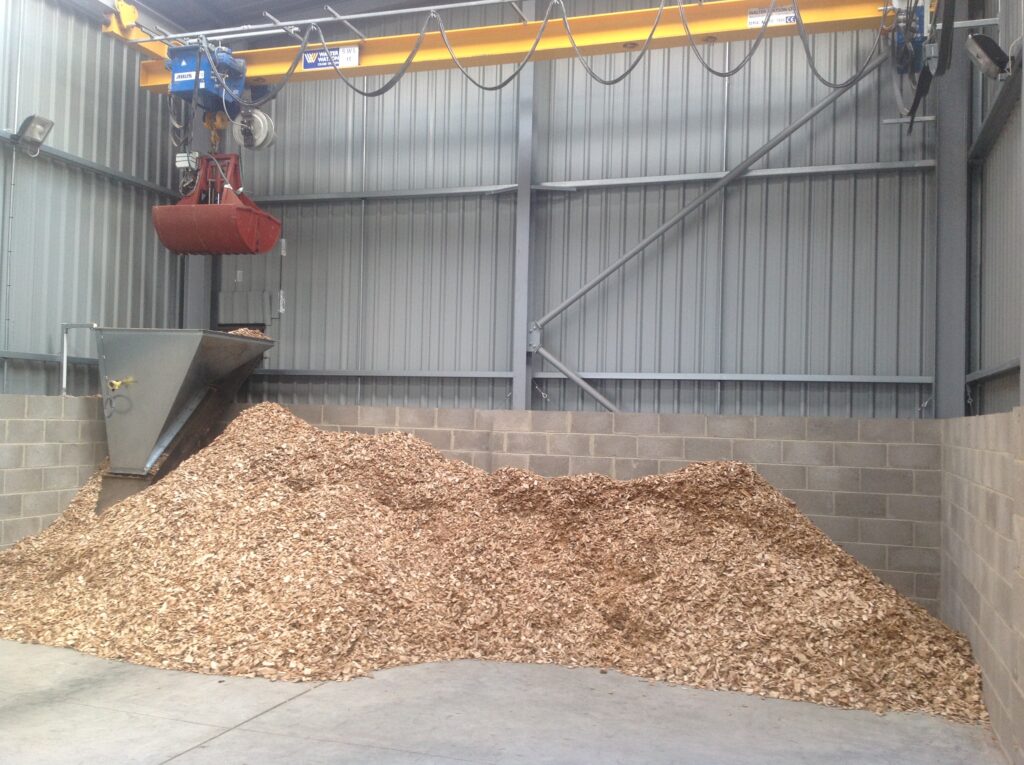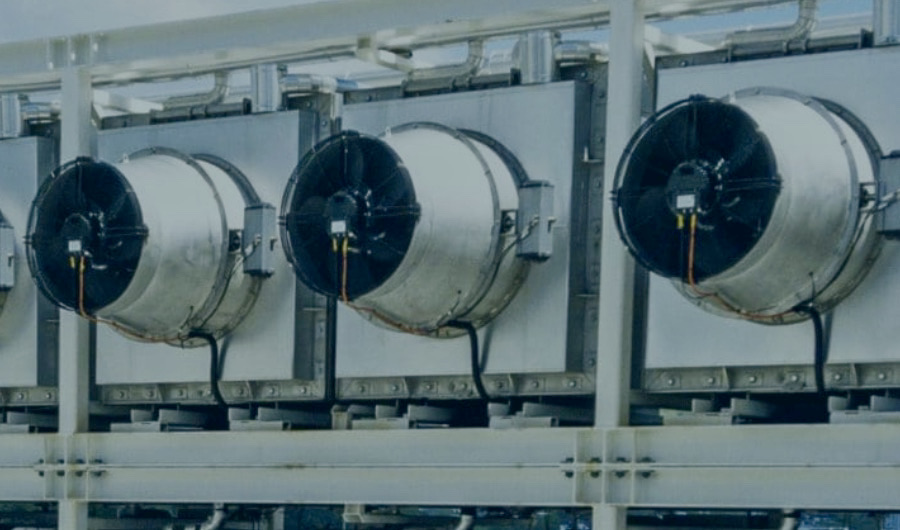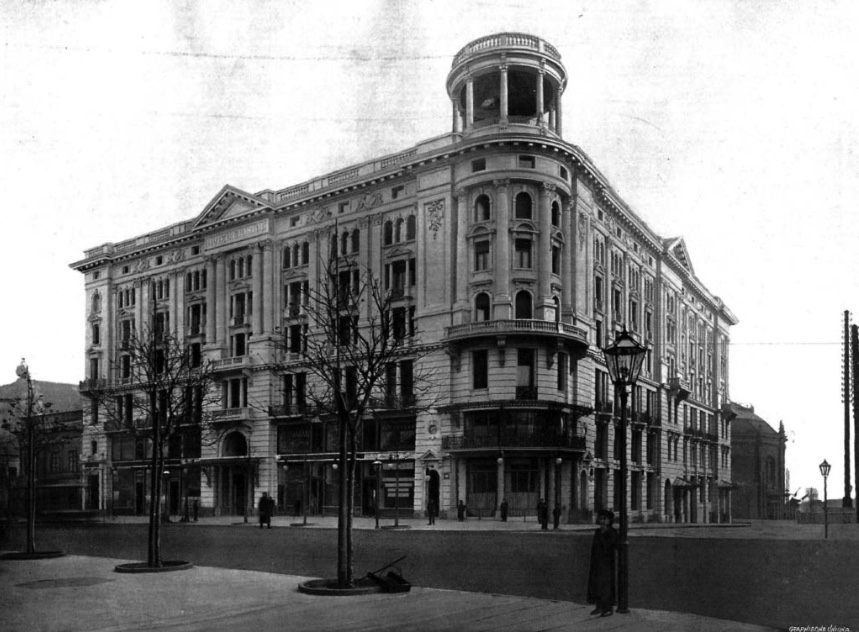
“The all-renewable Hotel Bristol (1901) – Powered by linseed oil, it was Warsaw’s first smoke-free luxury landmark. Over the decades, it hosted dignitaries including John F. Kennedy, Margaret Thatcher, Richard Nixon, Queen Elizabeth II, Charles de Gaulle, and Pablo Picasso.”
March 8th 2025 Warsaw
The technology behind today’s TITAN Project owes much to a quiet lineage of innovators who came long before the era of climate targets and carbon markets. Inspired by these early industrialists, TITAN builds upon a legacy where electricity was local, independent, and renewable by necessity, not marketing. We inherit that history with humility and pride.
In the late 19th century, long before municipal power grids were laid, Warsaw quietly switched on — not from coal, but from wood gas, plant oils, and German-built engines. Electricity in Poland did not arrive with smoke and ceremony. It arrived with intention, resilience, and a clear grasp of available resources.
The first confirmed electric lights in Warsaw came on in 1888, inside the military fortress at Żoliborz. A Deutz gasifier engine, burning wood chips and coke, provided a smokeless, off-grid supply of electricity to illuminate tunnels, barracks, and secure magazines. This was Poland’s first renewable electrification, and it was powered by wood — not wires.
That same year, a second Deutz unit was installed at the Towarowa freight yard, where the Vienna–Warsaw Railway extended eastward via the Warsaw–Terespol line. Contrary to common retellings, the Warsaw–Terespol Railway was laid in standard European gauge, only transitioning to Russian broad gauge at the border town of Terespol. In Warsaw, Towarowa had become one of the busiest and most sensitive freight depots in the region — and its electric lights, powered by a local wood gas engine, served a strategic purpose. On dark winter nights, those lights allowed the military to deter undesirables, track movements, and maintain order amid the chaos of the city’s growing trade and customs corridor.
Then, in 1889, Austrian engineer Marschel & Co. delivered Warsaw’s first commercial electric lighting system to the woollen hand-finishing workshops of Praga, not far from where the vodka factory would soon be built. These workshops, connected to the rising Brühl textile estate, operated without chimneys, without soot — and without interruption. Their Deutz generator lit the benches of men and women who worked wool into fine garments for markets east and west. And they did so two full years before the first coal-fired generator ever arrived at the much-acclaimed vodka distillery.
This was decentralised electricity. It was locally fuelled. It was renewable.
